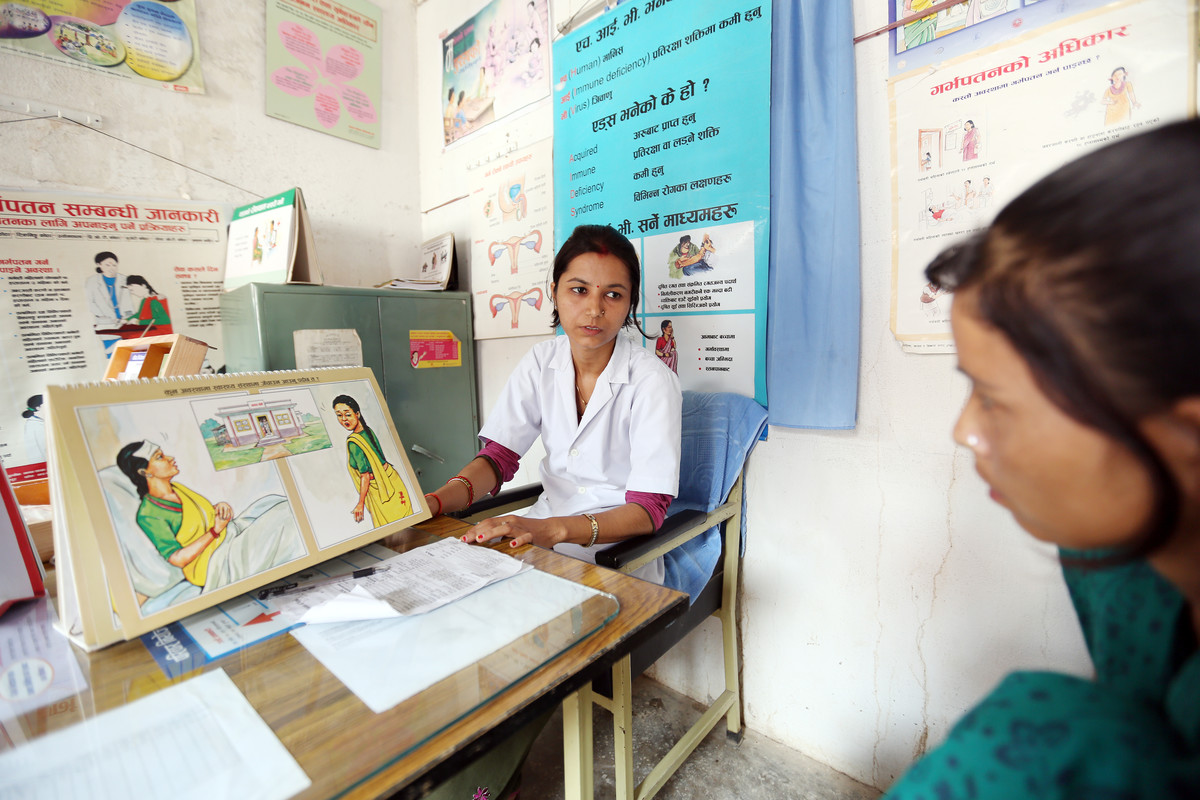Over the last two weeks, governments from across the world came together at the United Nations 61st Commission on the Status of Women to negotiate an intergovernmental agreement on women’s economic empowerment in the changing world of work. The Commission adopted Agreed Conclusions that, for the first time, make a direct and explicit link between women’s economic empowerment and their sexual and reproductive health and reproductive rights. Disappointingly, however, the references to sexual and reproductive health and reproductive rights were qualified by previous UN agreements, and comprehensive sexuality education was omitted entirely from the Agreed Conclusions.
Against a climate of looming cuts to UN agencies, the re-enactment and expansion of the Global Gag Rule by the US government, and shifting geopolitical power dynamics, this year's Commission was more concerned with finding the “middle ground” and in this context we focused on defending historically hard fought gains on the area of sexual and reproductive health and rights.
This was the first time the Commission discussed women’s economic rights; they made advances through the inclusion of International Labor Organization conventions and declarations within the Agreed Conclusions which reaffirmed women’s rights to decent work and rights at work. IPPF welcomes the recognition of the disproportionate share of unpaid care and domestic work that women shoulder, and the Commission’s call for governments to reduce and redistribute this work through public services, labour and social protection and through affordable child care and care services.
The Agreed Conclusions also contained a historic win for the rights of indigenous women and girls, with the Commission calling on governments to respect and protect indigenous women’s traditional and ancestral knowledge, and address the multiple and intersecting forms of discrimination and violence that they face. We also saw progress on the issue of ending violence and harassment against women in the world of work; the Commission prioritized strengthening and enforcing laws and policies to this effect.
Countries expressed support for sexual and reproductive rights at the adoption session of the Agreed Conclusions. Both the Spanish and French delegations, speaking on behalf of the European Union, upheld their longstanding role as champions of our issues, and reaffirmed sexual and reproductive rights as a prerequisite for women’s economic empowerment and called for even stronger language on human rights within this context. The statement on behalf of Latin American delegates highlighted their efforts throughout the negotiations to strengthen references to human rights, all forms of discrimination and violence against women and girls, and sexual and reproductive health and rights.
In their statement, the US delegation, despite combatively voicing their opposition to abortion rights, did express regret that the final text did not mention some of the groups most vulnerable to discrimination, including on the basis of sexual orientation and gender identity, race and color. They welcomed references to strengthening of social protection systems “without discrimination of any kind.”
Despite unprecedented moves to limit civil society’s access to the UN in the final week of the negotiations, the Chair of the Commission, H.E. Mr. Antonio de Aguiar Patriota, in his closing remarks, emphasised the importance of the inclusion of a vibrant civil society at the Commission on the Status of Women.
Throughout the process of the negotiations, we saw supportive governments, including new voices from across different regions such as the Africa Group and Arab Group, put forward progressive language on issues such as the sexual and reproductive health and rights of women, unpaid care work, work-family balance, violence against women in the workplace and social norms. It is crucial that countries continue to reaffirm these rights as necessary for women’s economic empowerment.
We must continue to champion these voices and harness this support at future Commissions, demonstrating that sexual and reproductive health and rights are essential to the realization of the full range of women’s and girl's’ human rights.
Only then, will we ensure a strong set of global standards that respect, protect and fulfill the human rights of women and girls. Only then, can we ensure that the lives of women and girls across the world continue to improve.
when
Subject
Gender equality










